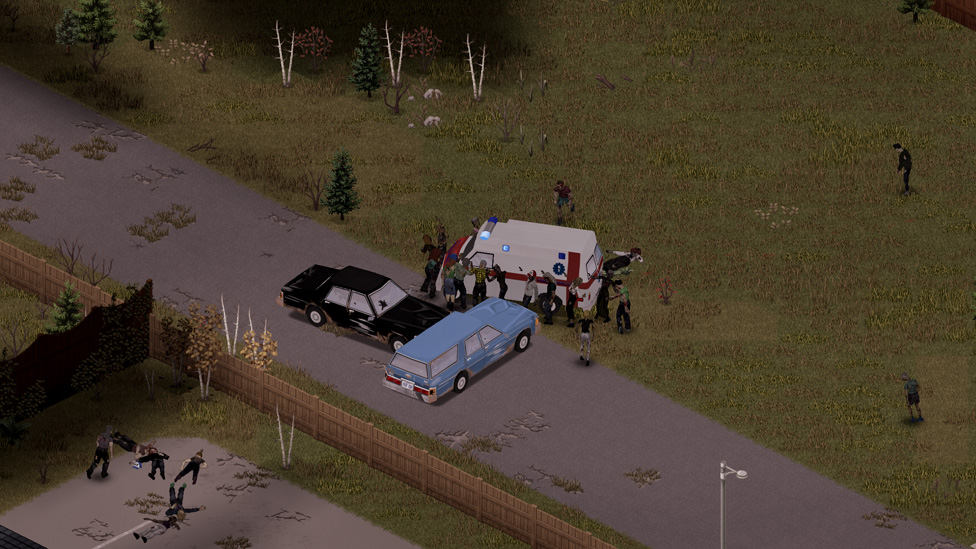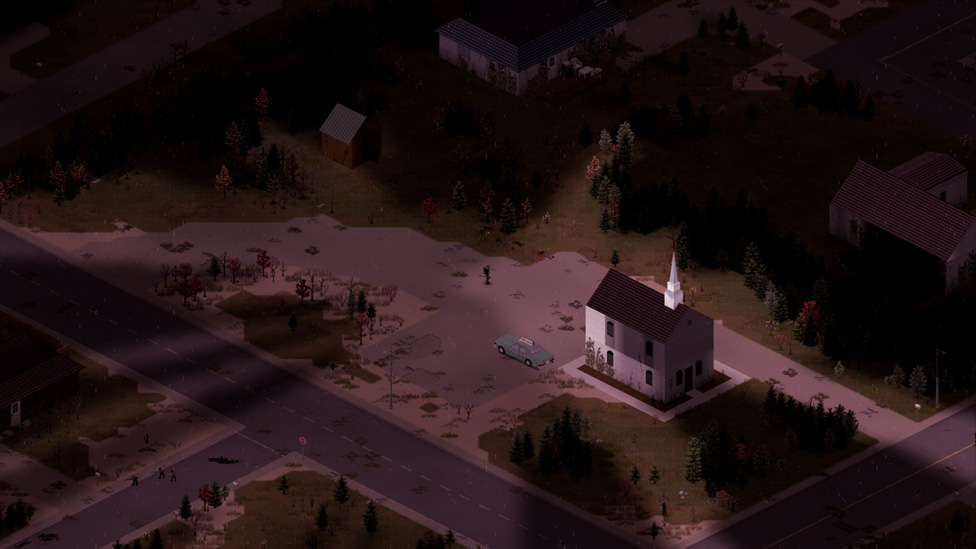How to Increase Project Zomboid Server Performance
How to Turbocharge Your Project Zomboid Dedicated Server for Optimal Gameplay

Make Your Own Project Zomboid Server
Battling zombies in Project Zomboid is intense enough without the added frustration of server lag and stuttering gameplay. Whether you’re a server host or a player looking for smoother experiences, enhancing your project zomboid server performance is crucial. In this guide, we'll reveal the best practices to maximize efficiency and ensure a fluid gaming session. Let's dive in!
Check Your Current Server Performance
Before you embark on boosting your server's capabilities, you must first check Project Zomboid server performance. Monitoring current stats helps identify areas needing improvement. Utilize in-game commands or server management tools to diagnose performance benchmarks.Server Diagnostics
Utilize tools to monitor server performance metrics, such as CPU usage, memory usage, and network latency. Keeping an eye on these can help you spot and troubleshoot issues early.Player Experience Feedback
Sometimes, players can notice performance issues before they show up on any monitoring tool. Encouraging players to report lag or stuttering can help pinpoint issues specific to certain areas or actions in the game.Optimize Server Settings
A key factor in enhancing server performance lies in fine-tuning the server settings. Start by adjusting the server's memory allocation and consider reducing the number of zombies if needed. Regular cleanups of accumulated data and player files can also lead to more responsive gameplay.Customize Game Settings
Lower the settings for zombie count, loot abundance, and other resource-intensive options based on the server's hardware limitations to balance the game's demand with the available resources.Balance Player Slots
Do not allow more players than your server can comfortably handle. Determine the optimal number of player slots that ensures smooth gameplay and set that as your server's cap.Upgrade Your Hardware
Sometimes the best way to improve performance is through better hardware. Investing in a faster CPU, more RAM, or a solid-state drive can drastically affect your server’s speed and reliability. It can be especially beneficial if you’re running a Project Zomboid dedicated server with many players.Optimize Network Performance
Network constraints often manifest as lag. Ensure that your server has a robust internet connection with sufficient bandwidth to handle player traffic. Wired connections are generally more reliable than wireless ones. Also, choose a server location close to your player base to minimize latency.Manage Mods and Custom Content

Careful Mod Selection
Choose mods wisely as they can significantly impact server performance. Always prioritize well-optimized mods and remove those that are unnecessary or cause performance degradation.Update Mods Regularly
Outdated mods can cause compatibility issues and server strain. Make sure to keep all your mods updated to their latest versions.Implement Server Performance Enhancements
Implement third-party tools or scripts designed to enhance server performance. Plugins like automated restart scripts can keep your server running smoothly by refreshing the game environment periodically, reducing the memory bloat over extended periods.Scheduled Clean-ups
Establish a routine where the server is periodically cleaned up. This involves removing old save files, unused mods, and cleaning up the in-game map of unnecessary items that can cause lag.Restart Cycles
Servers can accumulate errors and memory leaks over time. Setting up automatic restarts can help clear the system's memory and keep the server running smoothly.Community Management

Limit Resource Hoarding
Encourage a community culture that frowns upon resource hoarding, as many in-game items accumulated by players can contribute to server lag.Promote Respectful Play
Educate players on actions that may unintentionally affect server performance, such as massive base building or creating large hordes of zombies and promote a playstyle that respects server limits.Keep your server performance up
There’s no magic button for instant Project Zomboid server performance improvement. It takes a combination of monitoring, optimizing, upgrading, and maintaining for the best results. Roll up your sleeves, dive into the settings, and prepare for a smoother zombie apocalypse experience.FAQs
How can you check Project Zomboid server performance?
Use in-game commands or server management tools to gather performance metrics and identify bottlenecks.
Why is upgrading hardware important for server performance?
Upgrading to a faster CPU, more RAM, or an SSD can significantly boost server responsiveness and handle more players smoothly.
How can mods affect your server’s performance?
Mods add gameplay variety but may affect stability; keeping them updated and removing problematic ones can improve performance.
Why is regular server maintenance crucial?
Regular updates, backups, and data checks help maintain server health, preventing performance degradation over time.
Boosting your Project Zomboid server performance takes effort and understanding. Start with assessing your current situation and sequentially tackle each area — settings, hardware, network, mods, and maintenance. With the right approach, you’ll enhance your server's performance, leading to an unbeatable zombie survival experience!